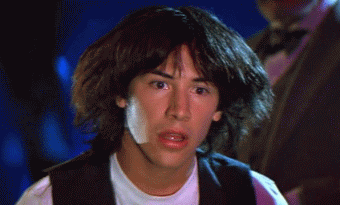- Joined
- Jan 24, 2013
- Messages
- 855
- Reaction score
- 737
I wonder how many true college juniors applied to medical school this past year (2013 entering class) and how many were accepted. I remember reading somewhere last year that about 1/3rd of medical students went straight from undergrad to medical school (or possibly 1 year gap students too).
It would be interesting to see how the number of junior applicants/matriculants compared to the total number of applicants/matriculants, which for 2013 was 48,014 applicants and 20,055 matriculants. This number, ~42%, is pretty intimidating, but I wonder if the number is even lower for true junior applicants.
Also interesting would be senior applicant information, as well as 2 gap years, 3, etc. You can't judge the data by age, so I don't believe there is a source of information out there that contains this, but I would love to see it.
It would be interesting to see how the number of junior applicants/matriculants compared to the total number of applicants/matriculants, which for 2013 was 48,014 applicants and 20,055 matriculants. This number, ~42%, is pretty intimidating, but I wonder if the number is even lower for true junior applicants.
Also interesting would be senior applicant information, as well as 2 gap years, 3, etc. You can't judge the data by age, so I don't believe there is a source of information out there that contains this, but I would love to see it.

